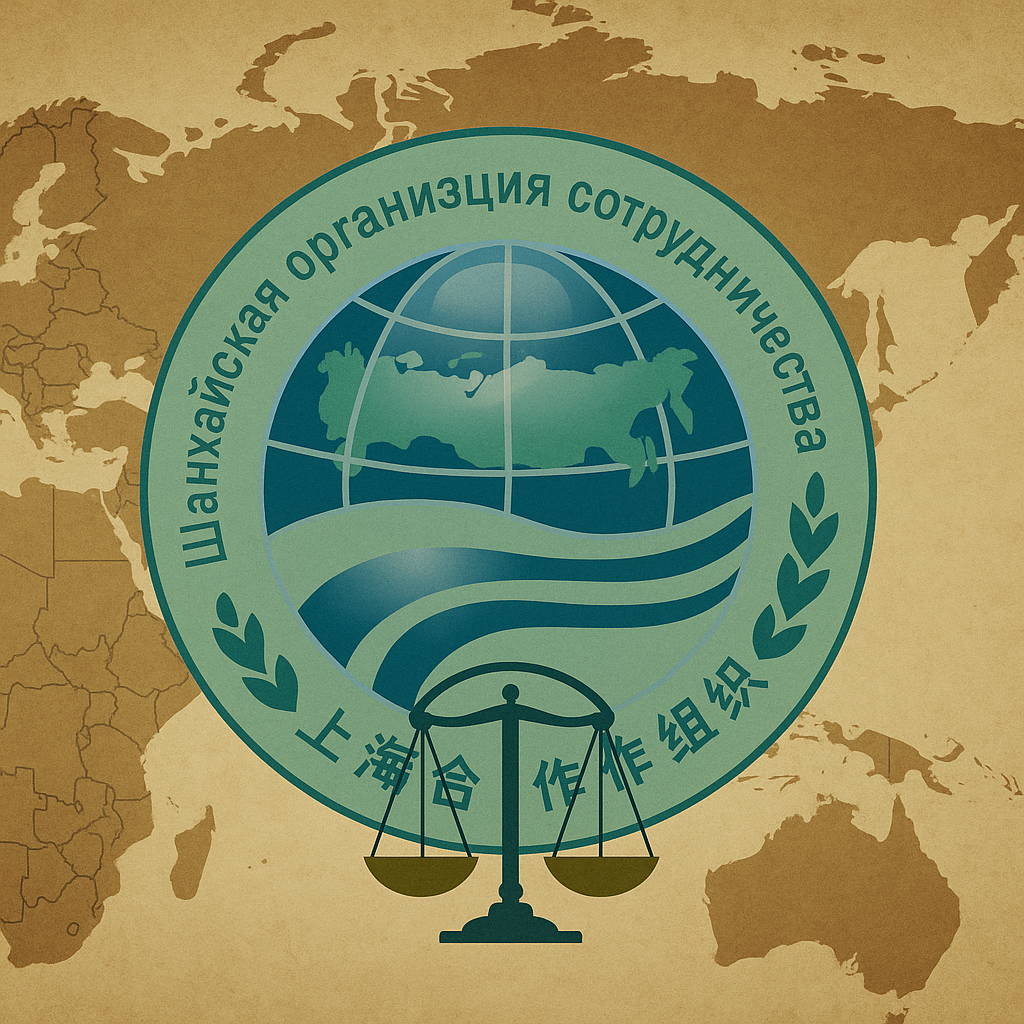SCO’s Expanding Role in a Shifting Global Order
Muhammad Aqib Zardad October 18, 2025
The Shanghai Cooperation Organisation’s (SCO) 25th Summit 2025 in Tianjin, held from August 31 to September 01, 2025, was not a typical meet-up of Eurasian leaders. This year’s SCO summit reflected the organisation’s growing ambition to play a greater participatory role in diplomacy and the global economic order. However, this endeavour faces a multi-faceted challenge stemming from the diverse and, at times, conflicting strategic and economic interests of its member states. The Tianjin SCO Summit 2025 thus marked a significant moment in the bloc’s evolution, highlighting its pursuit of enhanced regional connectivity, financial independence, and cooperative engagement in an increasingly multipolar world.
During the Tianjin summit, China committed to provide an aid of CNY 2 billion to SCO member states and an additional CNY 10 billion in loan through an SCO banking consortium. China also agreed to support the establishment of an SCO Development Bank, primarily to finance projects, such as the China-Kyrgyzstan-Uzbekistan railway. Furthermore, Russia’s President Vladimir Putin proposed issuing joint bonds and building a common depository infrastructure in order to reduce the member states’ dependency on Western financial systems. These moves are in line with the SCO members’ intent to undertake trade and other monetary transactions in local currency.
To enhance regional connectivity and collaboration in the energy sector, delegates at the summit agreed to speed up the work on transnational transport corridors, including the International North-South Transport Corridor linking Russia to India via Iran and the China-Pakistan Economic Corridor (CPEC), and the Central Asia and South Asia (CASA-1000) energy project. Similarly, to facilitate the expansion of fibre-optic channels and increased digital connectivity with regard to 5G, the summit endorsed various initiatives linked to China’s “Digital Silk Road”. On energy, China proposed raising joint solar and wind capacity with Kazakhstan. These steps contribute to the bloc’s ambition to provide regional alternatives in infrastructure and renewables.
On the last day of the summit, President Xi presented China’s vision of a world free from confrontational tendencies. Russia also showed interest in ending the war in Ukraine given that NATO will not expand any further. The summit also favoured ceasefire in Gaza and a permanent solution to Israel-Palestine issue. This way, SCO tried to appear as a potent regional organisation.
If all the commitments made during the summit in the transport and trade sector are realised in the most effective manner, SCO can actually ensure an increased connectivity in the region. In addition to that, cooperation in the banking sector could provide the member states with an opportunity to look inwards and rely on indigenous financial systems.
It is pertinent to note that any regional organisation’s ability to deliver on its commitments depends on strategic alignment of its member states and SCO seems to be suffering in this regard. For instance, while others called for a collaborative peace, India took on a cautious approach. Prime Minister Narendra Modi stressed that the significance of regional connectivity cannot be negated, but it must not bypass state sovereignty. Similarly, Russia’s isolation over the Ukraine war and China’s move to balance relations globally reflect the member states’ intent to participate without actually getting entangled. Such narratives limit the potential of the SCO to ensure a deeper integration of the member states.
To overcome the challenge of diverse and conflicting interests, member states could be encouraged to engage in Track-II Diplomacy or voluntary backdoor channels to mediate internal divergences. Such mediation, however, should be done while adhering to the SCO’s non-interference principle. Small working groups anchored in SCO’s architecture could ensure wide-ranging cooperation in the fields of energy, digital connectivity, transportation and other similar initiatives among the member states. Moreover, collaboration could be explored between the member states in areas less prone to interstate rivalries, including but not limited to climate change, anti-narcotics and counterterrorism, to foster unity in the Eurasian region.
The Tianjin SCO summit marked an attempt to project the organisation as a significant stakeholder in a more multi-polar world of today. China pledging aid to member states and Russia proposing joint depository infrastructure along with announcements of formation of an SCO Development Bank altogether reflect the SCO member states’ aspiration to reduce reliance on Western financial systems. Furthermore, advocating for a comprehensive and just solution to the issue of Palestine manifests how SCO is responding to issues outside Eurasia. However, to realise its true potential as an active player in global diplomacy and economic system, SCO must overcome internal divergences by engaging in backdoor diplomacy as well as collaborating in avenues such as climate change and green energy where interstate conflicts can be well avoided.
Disclaimer: The views expressed in this article are those of the author and do not necessarily reflect the policy or position of the Global Stratagem Insight (GSI).



